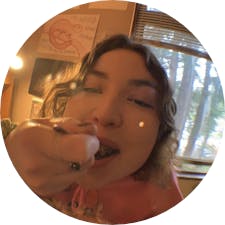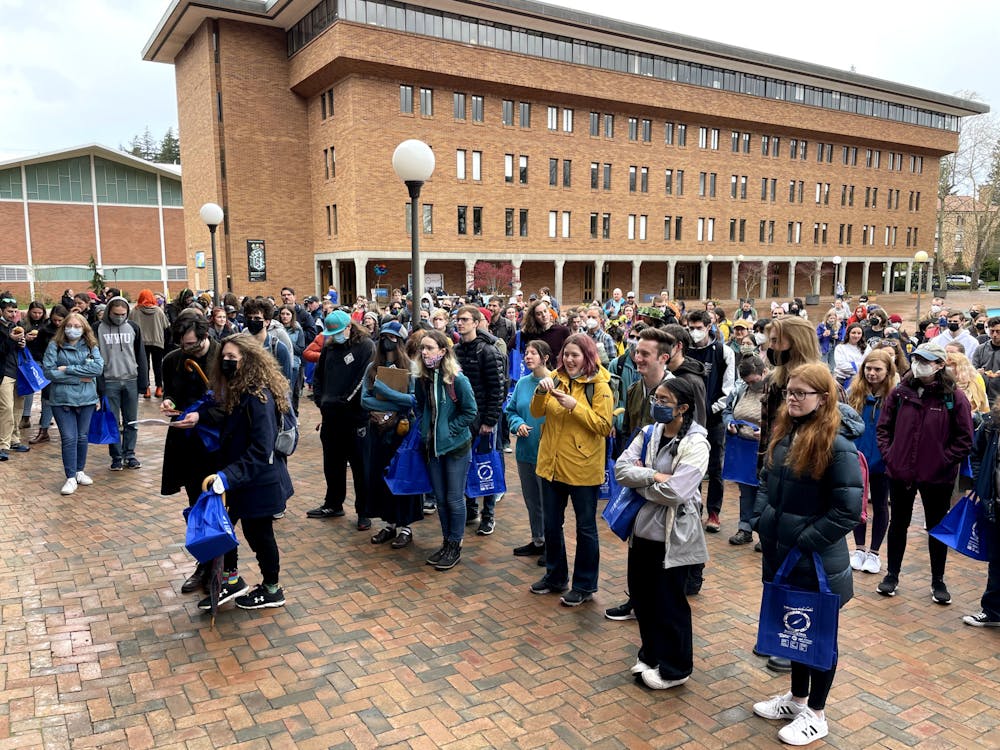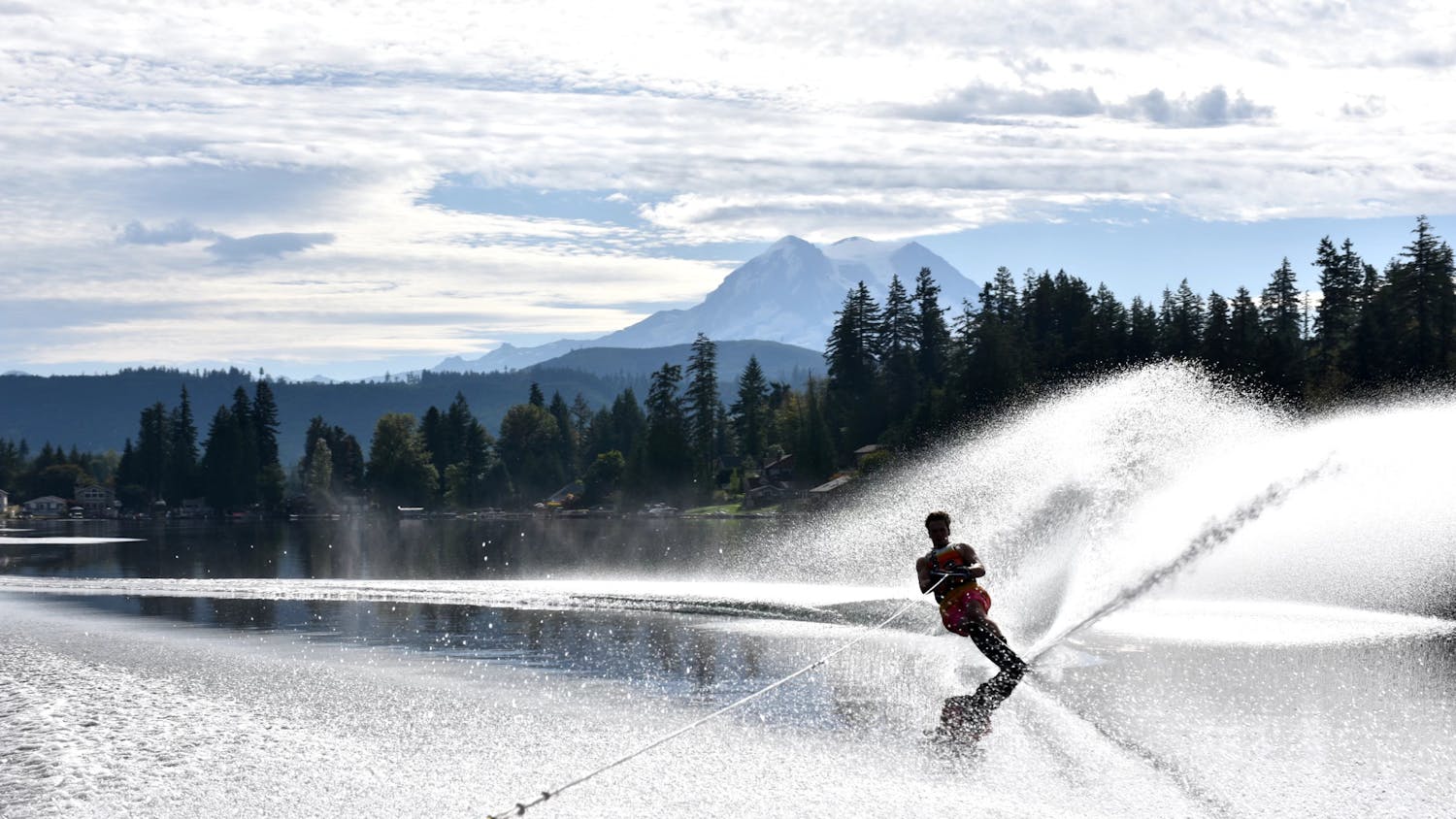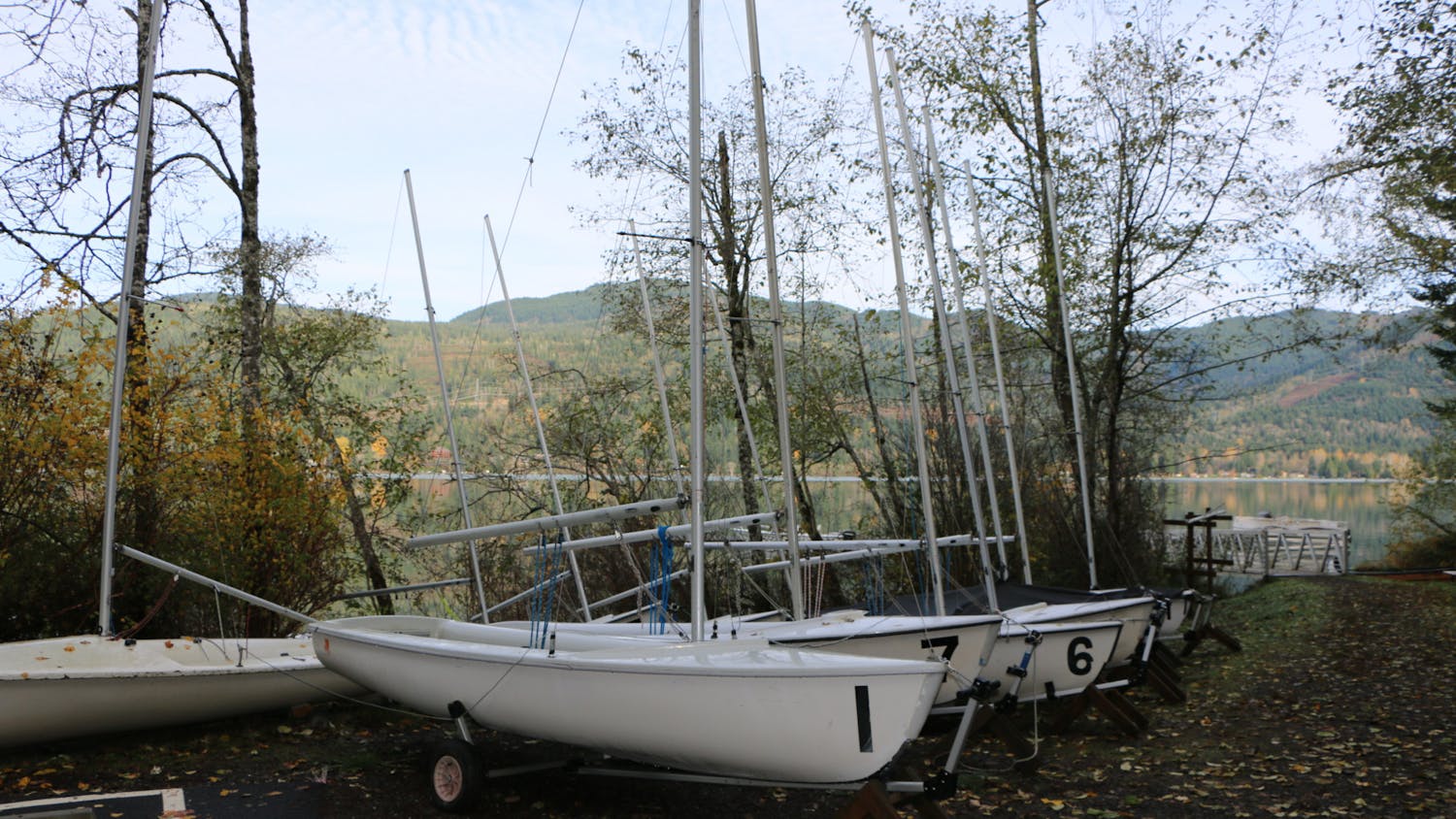On Saturday April 9, 750 people joined in on the sixth annual Great Puzzle Hunt, a timed competition between teams of up to six involving complex logic puzzles.
This year, Western students, faculty and alumni gathered in Red Square, while teams from the community and around the world competed virtually. 174 teams attempted to solve four puzzles and one metapuzzle within the allotted time. A metapuzzle requires a combination of all the previous puzzle’s answers to be solved.
Millie Johnson is the director, founder and puzzle maker. She workshops the puzzles throughout the year and sends them to testers to make sure they are not too difficult nor too easy.
“I really don't know how she writes them, they're very impressive. They are like logic puzzles, there's multiple steps,” said Katie Lane, a third-year Western student and president of marketing and promotion for the Hunt.
Johnson works day and night leading up to the Hunt to ensure its success: one day she even started work for the event at 4 a.m.

Puzzle creator and founder of the Great Puzzle Hunt, Millie Johnson, talks and smiles to contestants outside of Miller Hall on Saturday, April 9. // Photo courtesy of Robert Clark
To solve the puzzles, teams go to their first puzzle station, receive a puzzle packet from a volunteer and start the clock. Each one of the four puzzles has a time limit of 70 minutes. After solving, or attempting to solve all four puzzles, teams must then face the final boss: the metapuzzle. Winners were decided by the speed at which they solved the puzzles and how many hints they used. The Hunt’s website explains their rules.
“Because of the campus COVID restrictions, we need to make sure that anybody participating in person is cleared, has COVID clearance,” Lane said.
The easiest way to do this was to restrict in person participation to those with a Western email address.
Last year’s Hunt was entirely virtual due to COVID-19. This year, many community members and people from all over wanted to participate, so the organizers decided to keep an online option.
“Last year there were teams from all around the world, like a surprising number, and a lot of them wanted to do it again," Lane said. "I feel like the virtual option might be here to stay.”
Although it was a new format, the Hunt ran smoothly last year.
“The mechanisms making the Hunt run online worked surprisingly well considering it was the first time as an online event,” said Nick Satnik, another member of the Puzzle Hunt team. Satnik did note that the pre-COVID Puzzle Hunts felt much more like a community event.
This year, as in-person puzzle hunters gathered in Red Square for the award ceremony, it was revealed the software did not run as smoothly as last year. The time stamps were deemed inaccurate. Johnson told the crowd that when players hit submit on their answers multiple times it somehow added time to their clock.
Johnson explained the possible solutions to the crowd, who were happy to hear the results as they were, even if they were not 100% accurate. The crowd seemed more happy to be playing and participating in the event than winning.
“It is a competition, but I think most people who participate, they aren't trying to win,” Lane said.
“It’s the most fun day ever for me, even with all the messes,” said Johnson as she was addressing the crowd
Noah Strong, the lead developer for the hunt, helped Johnson explain and sort out the technical difficulties they had faced.
“It feels like a small miracle every time that it happens and something doesn't go terribly wrong,” Satnik said about pulling off the Puzzle Hunt.
The only announcement that upset the crowd, drawing negative outcries from many, was that some sharing of answers in the snack lines had been reported.
During the award ceremony, Johnson mentioned that last year's puzzles may have been a bit too difficult, but the crowd responded positively when asked if the puzzles this year were a balanced level of difficulty.

The Photosynthesolvers jump for joy after completing the Great Puzzle Hunt. // Photo courtesy of Kate Lincoln
One team, the Photosynthesolvers, many of which had faux flowers wrapped around their hats, said the puzzles were not too difficult and they were able to complete all four puzzles within the time limit, one of which they didn't even need any of the three possible hints.
The Photosynthesolvers carried around their solved puzzles, packets of paper with graphs, maps and drawings covered in their pencil markings as they headed to the award ceremony.
The team said that the puzzles involved science, humanities, history and many other skills. They said their team had a variety of knowledge bases that helped them succeed.
EJ Colen, a senior instructor at Western who participated this and last year, said they are interested in the collaborative and focused nature of the teams.
“I feel like if we had more of that in the world we would be a little further on in social change and environmental issues,” Colen said.
Johnson emphasized that the Great Puzzle Hunt is about taking care of your mind like you do your teeth or skin.
“Persistence and curiosity—being willing to spend time thinking and struggling,” she said. “There’s a lot of wisdom in thinking and sorting out and struggling for a bit before jumping to a conclusion.”

Jemma Alexander (she/her) is a campus life reporter for The Front. She is a senior majoring in journalism new/ed and minoring in Arab American studies. When she's not doing homework, Jemma is likely working, talking loudly over movies with her roommates or dancing ’till she drops. You can reach her at jemmaalexander.thefront@gmail.com.






